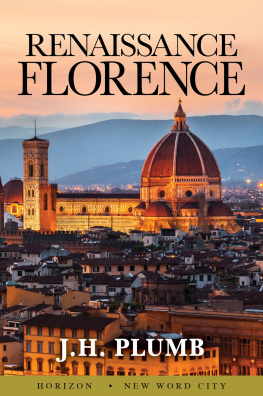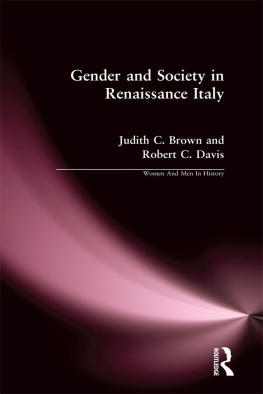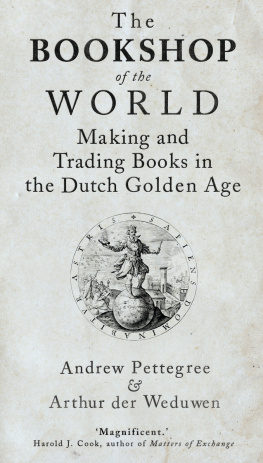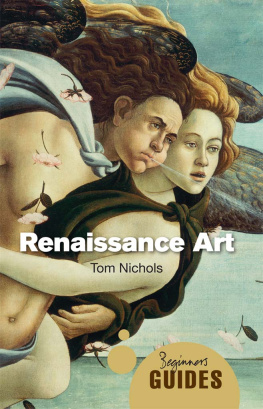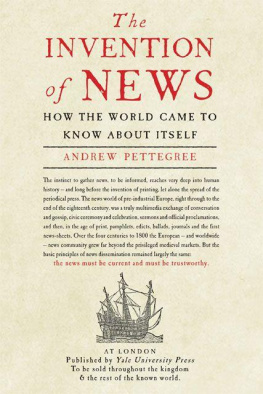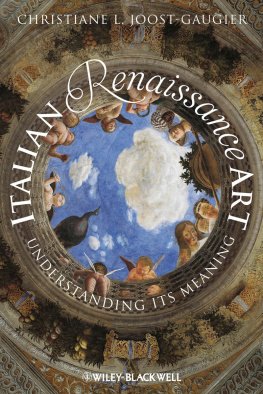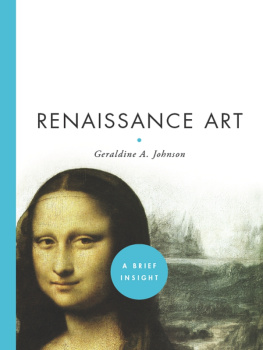The
B OOK IN THE
R ENAISSANCE
ANDREW PETTEGREE
YALE UNIVERSITY PRESS
NEW HAVEN AND LONDON
Copyright 2010 Andrew Pettegree
Published with assistance from the foundation established in memory of Oliver Baty Cunningham of the Class of 1917, Yale College
All rights reserved. This book may not be reproduced in whole or in part, in any form (beyond that copying permitted by Sections 107 and 108 of the U.S. Copyright Law and except by reviewers for the public press) without written permission from the publishers.
For information about this and other Yale University Press publications, please contact:
U.S. Office: sales.press@yale.edu www.yalebooks.com
Europe Office: sales @yaleup.co.uk www.yaleup.co.uk
Set in Minion Pro by IDSUK (DataConnection) Ltd.
Printed in Great Britain by TJ International Ltd, Padstow, Cornwall
Library of Congress Cataloging-in-Publication Data
Pettegree, Andrew.
The Book in the Renaissance/Andrew Pettegree.
p. cm.
Includes bibliographical references and index.
ISBN 978-0-300-11009-8 (alk. paper)
1. Book industries and tradeEuropeHistory16th century. 2 Book industries and tradeEuropeHistoryTo 1500. 3. PrintingEuropeHistory16th century. 4. PrintingEuropeHistoryOrigin and antecedents. 5. BooksEuropeHistory14501600 6. Renaissance. 7. ReformationEurope. 8. EuropeIntellectual life. I. Title.
Z291.3P48 2010
070.5094dc22
1175255166
A catalogue record for this book is available from the British Library.
10 9 8 7 6 5 4 3 2 1
C ONTENTS
I LLUSTRATIONS
Figures
Maps
P RELUDE
I
N 1490 two friends went for a stroll through the streets of Venice. One, Sararisius, was a native of the city, his friend Juliarius a visitor. Sararisius had a meeting with other Venetian patricians at San Marco; as they made their way there the two men amused themselves by sampling the riches of Europes greatest trading city. As they walked along the Merceria even so urbane a figure as Juliarius was amazed by the stalls of the booksellers: great mounds of printed texts heaped up and displayed for sale. He stopped to look and was soon engrossed; Sararisius was forced to leave him while he conducted necessary business. When he returned, several hours later, he found Juliarius still browsing the books, and surrounded by piles of his purchases. It was only with difficulty that he was persuaded to move on to their engagement.
This scene, imaginatively described by another urbane Venetian, Marcantonio Sabellico, in the preface to his new Latin grammar, encapsulates all that humanist intellectuals sought in the new world of printed books. Fifty years previously, before a cranky German businessman had concluded his experiments with techniques of making mechanical books, it would have taken a lifetime to assemble the collection that Juliarius could purchase in one good mornings hunting on the Merceria of Venice. Printing did not invent the book: medieval Europe was full of books. But before the fifteenth century all books had to be meticulously hand-copied, with quill and ink, from other precious texts. Now, suddenly, in the second half of the fifteenth century, books were available in a wild profusion. It was no wonder that men like Marcantonio Sabellico believed that the world of knowledge their world was transformed for ever.
Step forward eighty years and we enter a very different world. In 1570 Lucas Cop stood before the Geneva Consistory, the body of men charged with defending the morals and religious observance of Calvins city. Lucas was the bad boy of the family of one of the citys pastors, Michel Cop. Respect and embarrassment for the boys late father may have delayed the denouement, but the boys reckless and defiant behaviour eventually made confrontation inevitable. For Lucas had been reading books. Not the books of which the citys fathers approved, and which the citys presses turned out in large numbers, such as bibles, church orders and improving moral tracts. Lucas was addicted to literature.
Between 7 and 10 December 1570 Lucas Cop was interrogated at the citys prison. Without hesitation or embarrassment he confessed his preferences: the lascivious love poetry of Catullus, the romantic verse of Pierre de Ronsard and Jean-Antoine de Baf, Castigliones cynical handbook of court life, The Courtier . Most provocative of all was his love of Rabelais. This was not a book on sale in Geneva; Lucas had obtained a copy from a bookseller of Lausanne, and he read it in the company of other young friends. According to one of them Lucas even carried it with him to church, in place of his copy of the Psalms (this caused trouble for the bookseller who had bound it up for him, presumably in a style likely to facilitate this deception). Lucas had showed a degree of interest in the official literature favoured by the Geneva Church, such as copies of Calvins sermons and commentaries: but only because he stole copies from a bookseller to exchange for profane literature.
Lucas Cop was ordered to be whipped in the presence of all his fellow scholars at the city school and forbidden to travel outside the city. His accomplices escaped with lighter punishments. The affair sheds a vivid light on a new book demi-monde , with texts furtively exchanged outside the city gates, read and hand-copied in private circles. Both Cop and Pierre Enoch, another member of his secret reading circle, offered the defence that some of the disapproved texts had come from the libraries of their distinguished fathers: works of Ovid, for example, and the Roman historian Martial. Such libraries also undoubtedly contained the modern French poets. But what the fathers collected their sons should not necessarily read. The relaxed, engaging humanism of the first age of print was confronting the sterner climate of the age of confessional orthodoxy. Those who would not bend, like Lucas Cop, must be broken.
These two vignettes, so different in tone and outcome, capture much of the paradoxical quality of the book world of Renaissance Europe. For forty years after Gutenberg displayed his new invention to an admiring public, the printed book was carried along on a tide of optimism. The new technology spread with amazing speed: from Mainz through the cities of the German Empire, across the Alps to Italy, the epicentre of the Renaissance; north and east to France, the Low Countries, England, Poland and Bohemia. By 1490 printing presses had spread the new art to over 200 cities in every part of the continent.
Yet even as this expansive geography of print was being plotted, book industry professionals received the first indications that blind faith in the new technology would be misplaced. There were simply not enough readers to absorb this new torrent of books. Not that this would have been readily apparent to a complaisant, triumphant humanist like Marcantonio Sabellico, who would, it must be said, also have had little sympathy for the plight of a rebellious boy like Lucas Cop. Men such as Sabellico welcomed a world full of books only because it provided a greater variety of texts for people like themselves. This was a more limited vision than they would have recognised. It was also an impossible dream, and potentially ruinous for the printers and booksellers who tried to make it a reality. The scholarly community was not yet large enough to absorb the many thousands of copies placed on the market by those eager to share the craze for the new technology. Publishers found themselves with unsold copies, and many of the first printers were quickly driven into bankruptcy.
Ultimately print would survive only by developing new types of book for new types of reader: texts of a type and variety unimaginable in Gutenbergs day. The enormous diversification of this book market is the second part of the story of the Renaissance book world: a world shaped less by the idealism of scholars than by pragmatic businessmen for whom the only books that mattered were those that turned a profit. In the process print pushed into areas of society previously untouched by the medieval manuscript. New markets sprang up, for news, controversy, popular science and medicine, as well as the literature and poetry that led Lucas Cop into such difficulties. These new markets, mostly of books in the vernacular languages, flourished side by side with the still buoyant market for texts in Latin, the international language of scholarship. Gradually they brought book ownership within the compass of a whole new public. They also raised urgent concern about how access to this new more inclusive world of print should be regulated, both to protect the investment of the printers, and to protect readers from themselves.



